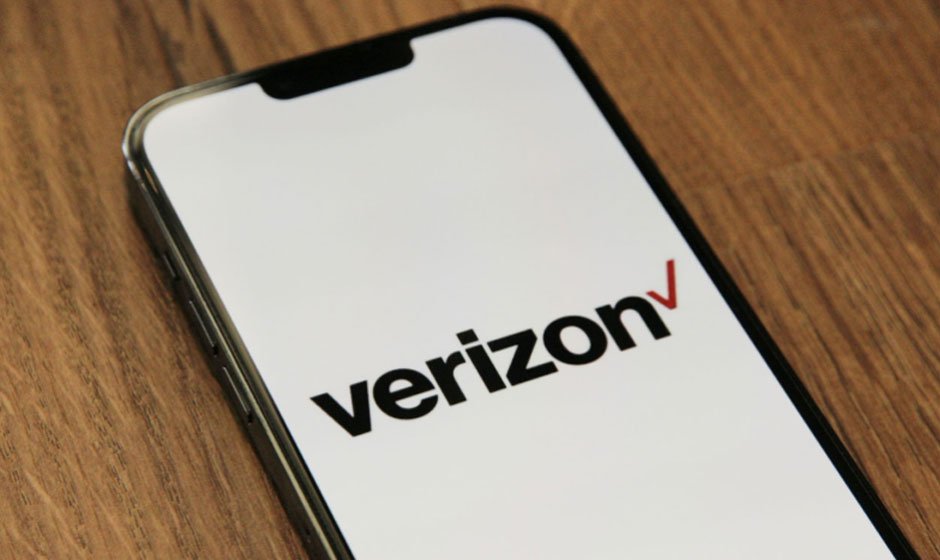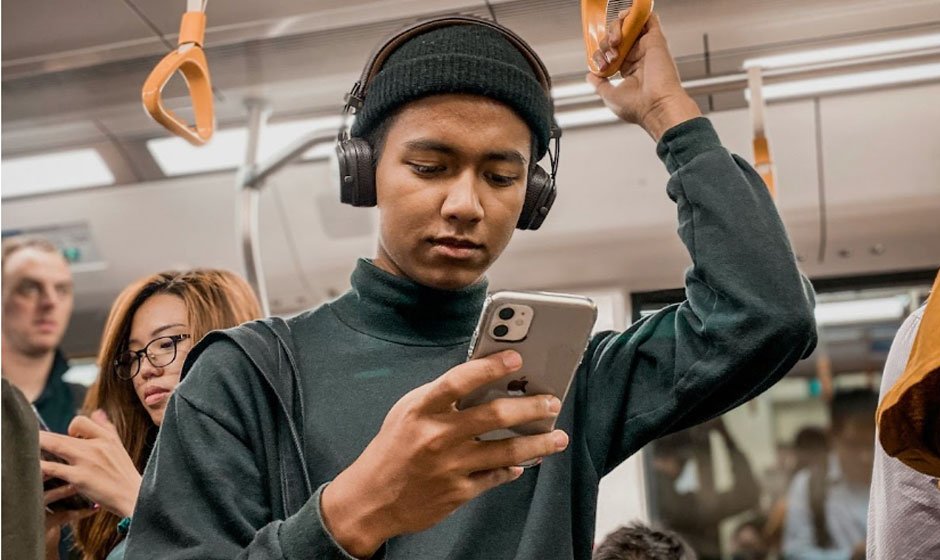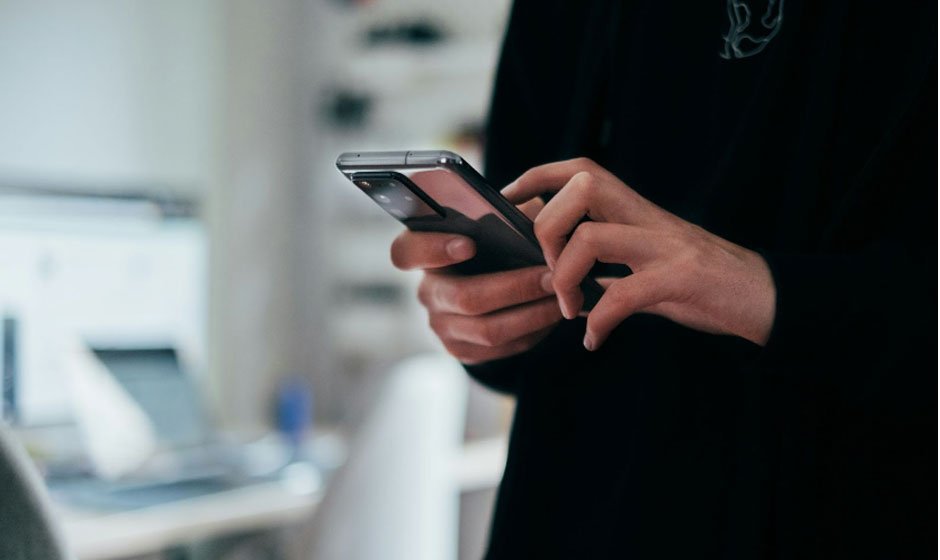Looking for a way to elevate your smartphones? One way to do that is through phone unlocking. Before you unlock your devices, you’ll want to know more about the technical and ethical sides of it. The waters can get murky when intellectual property crosses with consumer rights.
So, you’ll want to keep reading! Below, we explore beyond the lock, delving into the technical and ethical sides of unlocking your phone. Let’s jump in.
Technical Aspects of Phone Unlocking
Let’s explain what it means to unlock a phone first. Doing so lets your smartphone work on any cellular network. You’re no longer stuck with the network your carrier provides.
If they don’t offer good, consistent service in your area, it can make using your phone more convenient. You just need to ensure you choose the right method to complete the job or you’ll end up harming your phone.
This unlock process has several benefits, including lower monthly phone bills, giving you access to multiple networks at the same time, and no carrier bloatware weighing down your device.
There’s a lot more to the technical side of unlocking your phone. If you want to unlock your iPhone, you’ll need to be familiar with it first. There are several ways that you can unlock a phone, including:
1. Through Your Carrier

You unlock the phone directly through the carrier using this method. The device becomes compatible with SIM cards from any provider.
You go through the carrier’s official channels with this method. They usually provide you with a code or software you can use to unlock the phone. You can call your phone carrier or look up how to start the process on one of their official pages.
Carrier unlocking policies vary, but most require you to have your device for a certain amount of time before they’ll consider doing it. It can take a while after they receive your request to start the unlocking process, too.
2. Through the Bootloader
The bootloader is a crucial software piece on your device. It’s what allows your phone to load the operating system and software it uses to run.
Unlocking it allows you to run different operating systems on the device. For example, you could change from Android OS to something else.
However, this method is usually complicated for beginners and will likely void your warranty.
3. Through Rooting
Rooting, called jailbreaking, depending on the device, is another option you’ll want to know about. It removes many restrictions that manufacturers place on the user.
Users who go through with this can install any software they want, even if the manufacturer wouldn’t allow it under normal circumstances. Users can also modify files to get around various restrictions on the device.
However, this method isn’t always legal. It’s fine to jailbreak or root a phone, but only if you aren’t using illegally obtained apps and software. You’ll want to stick to legally acquired programs to avoid issues. It also exposes your device to cybersecurity risks.
Ethical Aspects of Phone Unlocking
Next, let’s move on to the ethical aspects of phone unlocking.
Doing it has plenty of benefits for the consumer, but carriers don’t like it because you’re no longer “locked” into using (and paying for) their services. You can move to other providers, which is great for you, but not so much for the providers you leave. Of course, you should make your own decisions on what network carriers you give your business to.
Generally, the ethics of phone unlocking come down to the consumer versus the smartphone carriers and manufacturers. You want to choose your providers, but providers want to lock you in for as long as possible. In doing so, the companies protect their revenue. These are two separate viewpoints, but you’ll want to know about both.
These are all of the ethical considerations you’ll need to make before unlocking your phone:
Importance of Consumer Rights

Once you buy and own a device, you should be allowed to do anything you want with it. You expect the freedom to change carriers and use the phone however you please. It’s highly restricting when smartphone manufacturers don’t let you do what you want with your phone.
Consumers expect a certain level of control over their phones. However, they may not get it from a locked device. Unlocking their smartphone allows them to modify and use it in ways that suit them the best.
This point of view focuses on the phone’s owner and what choices they should be allowed to make with their property. As you decide whether it’s ethical or not for you to unlock your phone, consider what rights you expect as a consumer of these products.
Importance of Intellectual Property Rights
Phone manufacturers and carriers own the intellectual property (IP) of the device. So, they believe it’s important to keep phones locked to prevent mistreatment or theft of their IPs. This idea is known as intellectual property rights.
Smartphone manufacturers invest a lot of money in developing their software and IPs. When users unlock phones, they can unintentionally infringe on the IPs of these companies.
Jailbreaking and rooting phones also come with their own set of ethical issues regarding IP rights. Users who do this can install any software they want, usually without paying for things.
Manufacturers and carriers want to create a controlled environment with their devices to protect their property. They want your phone to be secure, but sometimes they can be too restricting for some users’ needs.
Is Unlocking a Phone Legal?
It’s legal to unlock a phone— as long as you do so through official channels. Many providers will do it when you contact them if you meet certain conditions. For instance, you’ll need to be in good standing with the network provider and have owned the phone for a set amount of time.
Many people mistakenly believe it’s illegal to unlock a phone. This misconception is common because manufacturers don’t want to do it, so they make it difficult, or it sounds too good to be true. You can unlock your phone legally and get many benefits from doing it.
Beyond the Lock: Is an Unlocked Phone Right for You?
Unlocked phones allow you to access any carrier you want. Many people pay less for unlocked phones, helping them to save money. However, you’ll want to think about the technical and ethical implications of doing so.
If you want more consumer rights and customization options with your phone, then it’s a good choice for you.

